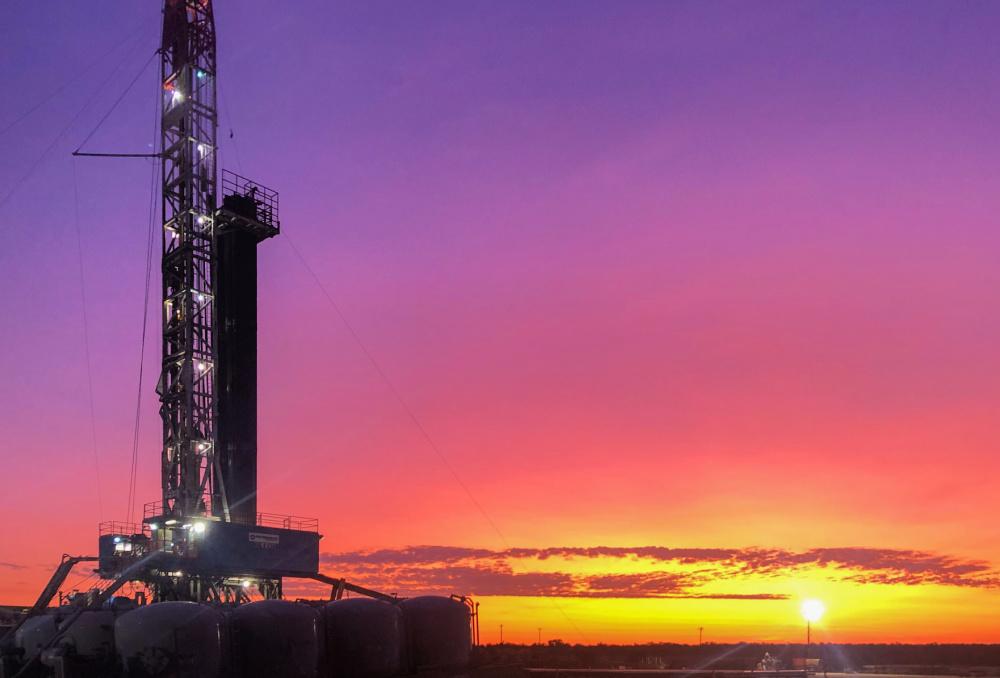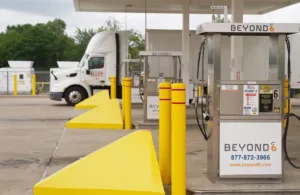
(Barrons, 16.Nov.2022) — A 5.3 magnitude earthquake hit a key oil basin in West Texas on Wednesday afternoon, and was strong enough to be felt in Austin and other parts of the state. It wasn’t immediately clear whether the quake affected oil companies’ operations, but it could add to concern that industry activity is leading to more tremors.
“The immediate impact of the event could be felt by several operators such as Coterra (CTRA), PDC Energy (PDCE), ConocoPhillips (COP) and others who currently produce near the earthquake,” wrote Truist analyst Neal Dingmann. “Future impacts could be felt by many Permian operators if political pundits decide to try to make a case of the latest event.”
The three companies didn’t immediately respond to requests for comment on whether the earthquake had affected their operations or resulted in any injuries. The Permian Basin of Texas and New Mexico is the most productive oil-producing area in the U.S., with more than 300 rigs operating.
Earthquakes have become a growing concern in the state. In 2021, the state recorded 209 quakes of at least 3.0 magnitude, up from 98 the year before, according to an analysis by the Texas Tribune.
Texas isn’t the only state that has seen more activity. In the central and eastern U.S., the annual number of earthquakes of at least 3.0 magnitude has risen to more than 100, up from about 25 before 2009, according to the U.S. Geological Survey.
University of Texas researchers linked the increase in earthquakes to oil and gas production and related activities. The USGS says the biggest issue is the disposal of wastewater after oil production, not the initial hydraulic fracturing that pumps liquids and sands into shale deposits to force fossil fuels out.
“Disposal of waste fluids that are a byproduct of oil production is the primary cause of the recent increase in earthquakes in the central United States” the USGS said. “Wastewater disposal wells typically operate for longer durations and inject much more fluid than hydraulic fracturing, making them more likely to induce earthquakes.”
Dingmann said the earthquakes could lead to more regulations that affect oil and gas production. Last year, the Texas Railroad Commission suspended some kinds of water disposal injections in parts of the Permian Basin.
____________________
Write to Avi Salzman at avi.salzman@barrons.com

